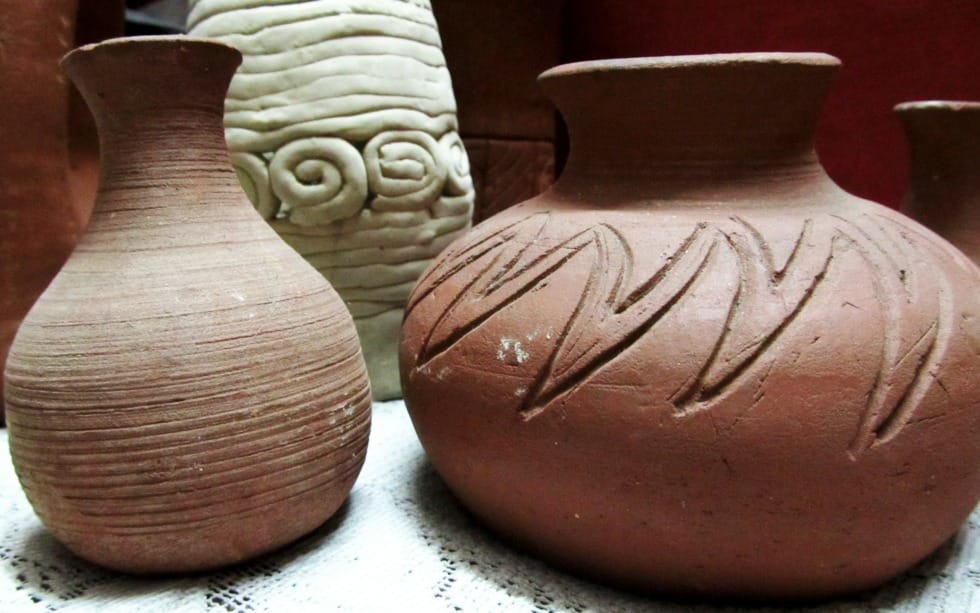Do You Ever Feel Like Your Body Is Falling Apart?
What should I do when I can't function like I used to? If you've ever asked yourself this question, here are some thoughts to consider.

I'm still young (at least, I like to think so), but with each passing year, I'm reminded that little by little my body is breaking down.
Yes, I watch all those YouTube influencers who are trying to defy aging, yes, I exercise, and yes, I try to sleep and eat healthy. But it feels like each month I'm adding another supplement or tweaking a behavior that worked in my twenties and substituting it for something better. These are the physical limitations.
Then there are mental limitations. When you're in high school or college, you always think that by age 35, you'll have this list of accomplishments checked off. The perfect family, the great career, the dream home. But then you bump into your very real human limitations and realize you might not make the NBA, and being a nuclear physicist probably isn't in the cards.
In many ways, our bodies are miraculous. But in others, they are so limiting. So what are we to do when our bodies don't align with our desires?
Remember You're Just a Clay Jar
The other morning, I was working out in the garage and listening to 2 Corinthians 4:7-12, where Paul writes:
7 Now we have this treasure in clay jars, so that this extraordinary power may be from God and not from us. 8 We are afflicted in every way but not crushed; we are perplexed but not in despair; 9 we are persecuted but not abandoned; we are struck down but not destroyed. 10 We always carry the death of Jesus in our body, so that the life of Jesus may also be displayed in our body. 11 For we who live are always being given over to death for Jesus’s sake, so that Jesus’s life may also be displayed in our mortal flesh. 12 So then, death is at work in us, but life in you.
This “treasure” refers back to verse 6, where Paul describes the “light of the knowledge of God’s glory in the face of Jesus Christ.” The gospel, the radiant revelation of God through Christ, is that treasure. But it’s stored in clay jars—common, cheap, and easily broken containers.
In the first century, clay jars were used for everyday purposes such as storing grain, oil, or even waste. They were disposable. By using this image, Paul emphasizes that the human body and life are frail, unimpressive, and temporary. Yet, paradoxically, God chooses such fragility to carry the most valuable reality in the universe. This imagery also has ties to creation. James M. Scott notes,
Paul’s metaphor, however, has a deeper significance: His body is a “jar of clay” because “the Lord God formed man (’adam) from the dust of the ground (’adamah).” The Hebrew verb yatsar here is most often used of a potter who “forms” a vessel out of clay. In the account of the curse, Genesis goes on to underscore the relationship of human beings to the soil: “You are dust, and to dust you shall return.” Therefore, when Paul refers to his body as a clay jar, he regards himself as having a mortal human body.[1]
Paul wants to make it unmistakably clear that whatever impact or endurance he and his co-laborers have comes entirely from God. Their weakness is not an obstacle but the very condition that allows divine strength to be revealed. The gospel is not about showcasing human capability but about magnifying God's sufficiency.
Four Contrasting Experiences
Paul then lists four contrasting experiences that form a kind of poetic rhythm. Each pair holds together the tension between human limitation and divine preservation.
First, “We are afflicted in every way but not crushed.” The word “afflicted” (thlibomenoi) conveys pressure or being squeezed. Paul’s ministry is full of external stress—opposition, travel, hunger, emotional exhaustion. Yet he is “not crushed,” meaning the pressure never destroys him. God’s sustaining grace keeps him spacious within, even when the world closes in.
Second, “We are perplexed but not in despair.” Paul admits confusion. There are moments when he doesn’t see the plan or understand God’s purposes, but he never reaches the point of hopelessness. He can be bewildered without being broken.
Third, “We are persecuted but not abandoned.” Paul faced real hostility from religious authorities, Roman officials, and even fellow believers. Yet he clings to the assurance that God never forsakes him. The word “abandoned” echoes Jesus’ cry on the cross, and Paul’s confidence is that even when others reject him, God remains present.
Finally, “We are struck down but not destroyed.” The language evokes the image of a boxer knocked to the ground but still breathing. Paul may fall, but he is not finished.
These verses reveal a great paradox in the Christian life. The more fragile the vessel, the more obvious the treasure.
Here's Why This Matters For You
The greatest internal struggle most Christians have is this overwhelming, pervasive sense that it is the quality of our jars that determines the effectiveness of our impact for Christ. But Paul turns this idea on its head by showing that the weaker we are, the more evident the power of God can work through us.
This isn't to say we don't work hard, keep our bodies in shape, and refine our God-given abilities. But it is to warn us against placing on our shoulders a weight we cannot bear.
By carrying the death of Jesus in our bodies, as verse 10 says, Jesus is displayed through us, and our weakness becomes the very stage where Christ’s power can be seen. It's a wonderful reminder that God’s power is revealed not by removing fragility but by inhabiting it.
So if you're wrestling with your limitations this morning, if your physical body is worn down, and you feel like your mental capacities are far outmatched by the challenges you face, take heart. Stop thinking so much about your jar, and remember the total sufficiency you have in Christ.
When you have him, you have everything you need.
[1]James M. Scott, 2 Corinthians, Understanding the Bible Commentary Series. Accordance electronic ed. (Grand Rapids: Baker Books, 2011), 103-104.





